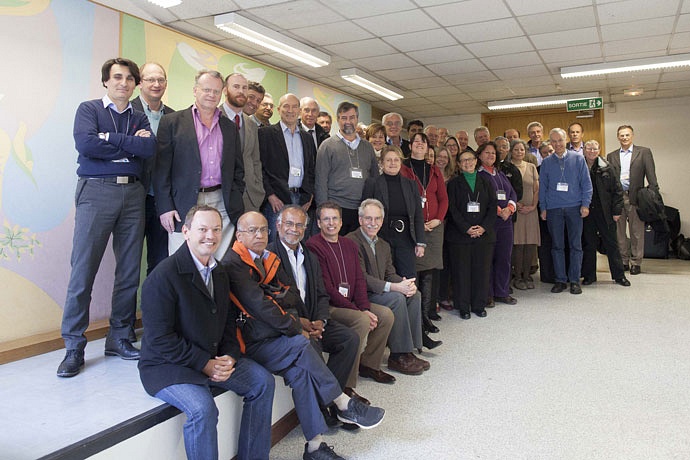The Scientific Committee on Problems of the Environment (SCOPE) launched a 700-page report stating the availability of land is not a limiting factor for biofuels.
Furthermore, it says that bioenergy can contribute to sustainable energy supplies, local development and food security. Even under the conditions of rising urbanisation and increasing food demands. Meanwhile respecting the preservation of forests and protected lands.
If the above sounds too good to be true, the sheer volume of the study (700 pages) may reassure you. The scope of the project is enormous with 137 researchers from 82 institutions in 24 countries.
From the Netherlands Professors Luuk van de Wielen and Patricia Osseweijer (BE-Basic and Faculty of Applied Sciences at the TU Delft) were involved, just as André Faaij (Groningen University) and Hans van der Meijl (Wageningen University and Research centre).
The report estimates that 50-200 million hectares of land can produce energy crops that provide 10-20 % of the global primary energy by 2050. That equals one to four times the area of France. The availability is ten times France, says SCOPE, even when respecting forest preservation and protected lands. When drawing marginal or degraded land into the equation, the area even doubles.
The report acknowledges that bioenergy crops and food security are inextricably linked. Patricia Ossewijer prefers to focus on the potentials of synergy instead of competitive land use. “A number of case studies support the contribution that bioenergy can make to social development and food security”, she said.
In Bioenergy & Sustainability – bridging the gaps, the international experts deal with land issues, conversion technologies, environmental, economic and social impacts of bioenergy in 21 chapters. As the title indicates, the authors aim to make bioenergy production sustainable and biofuels a sustainable energy source.
Meanwhile, back in the Netherlands, the Royal Academy of Sciences KNAW hosted a discussion meeting on biofuels on April 10, 2015. It focused on the debatable CO2 reduction of co-firing imported wood chips in coal plants, which is another topic.
The authors launched the SCOPE report in Sao Paulo on April 14, 2015. Further presentations have been planned: at the World Bank (no date provided) and during the Sustainable Energy Week in Brussels on June 16-18, 2015.
Bioenergy & Sustainability – bridging the gaps – free download (68 MB)



Comments are closed.